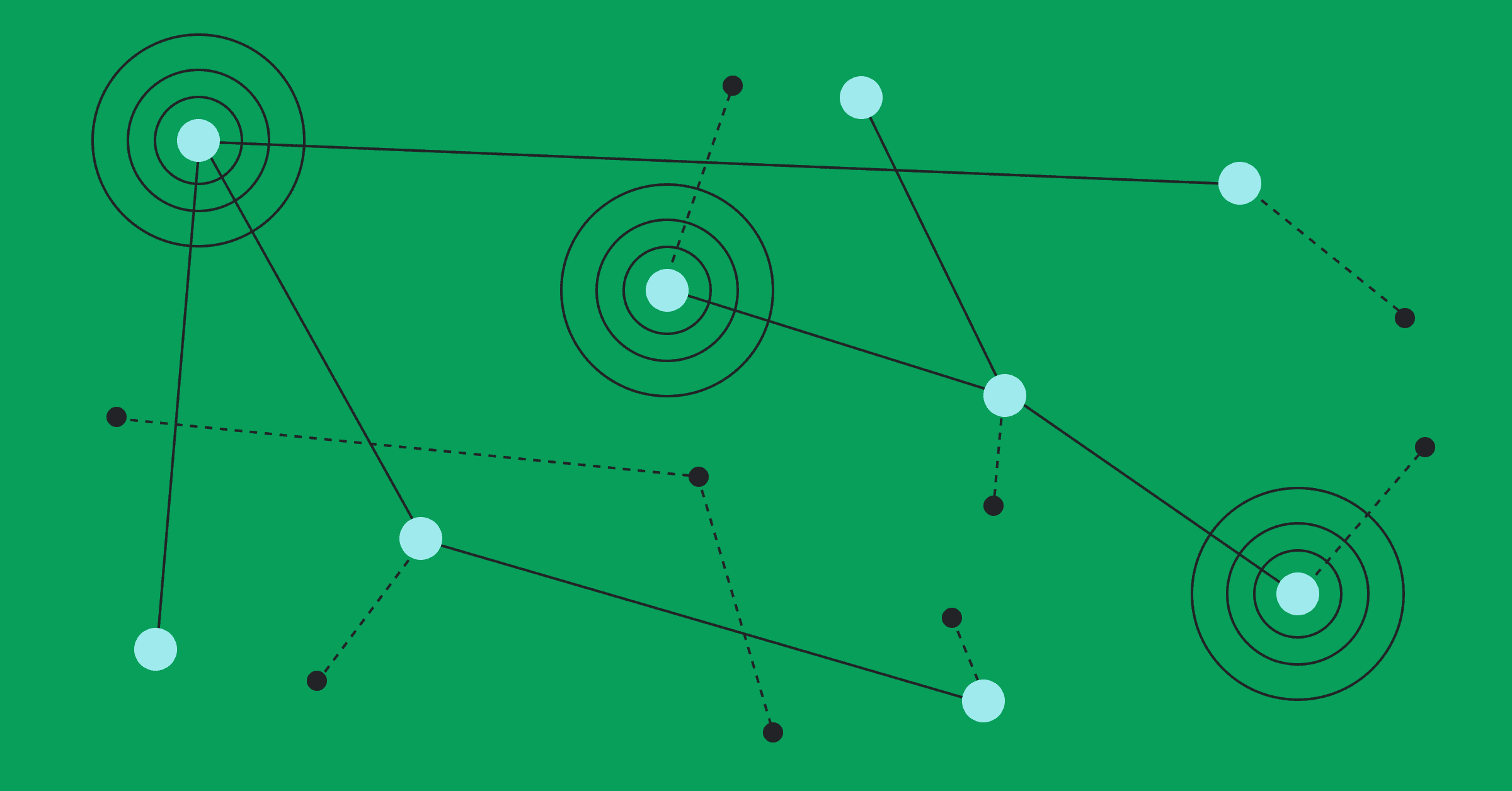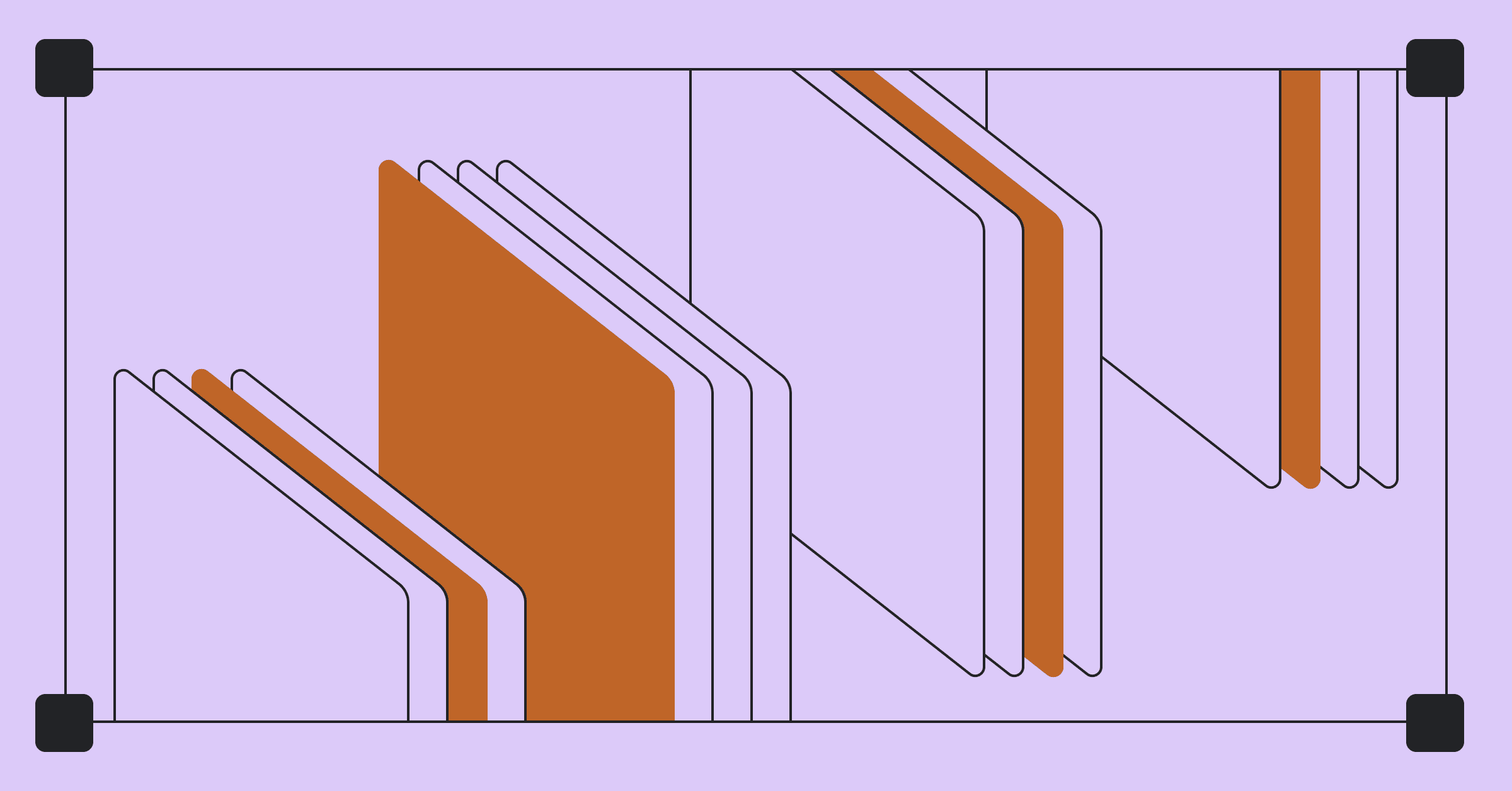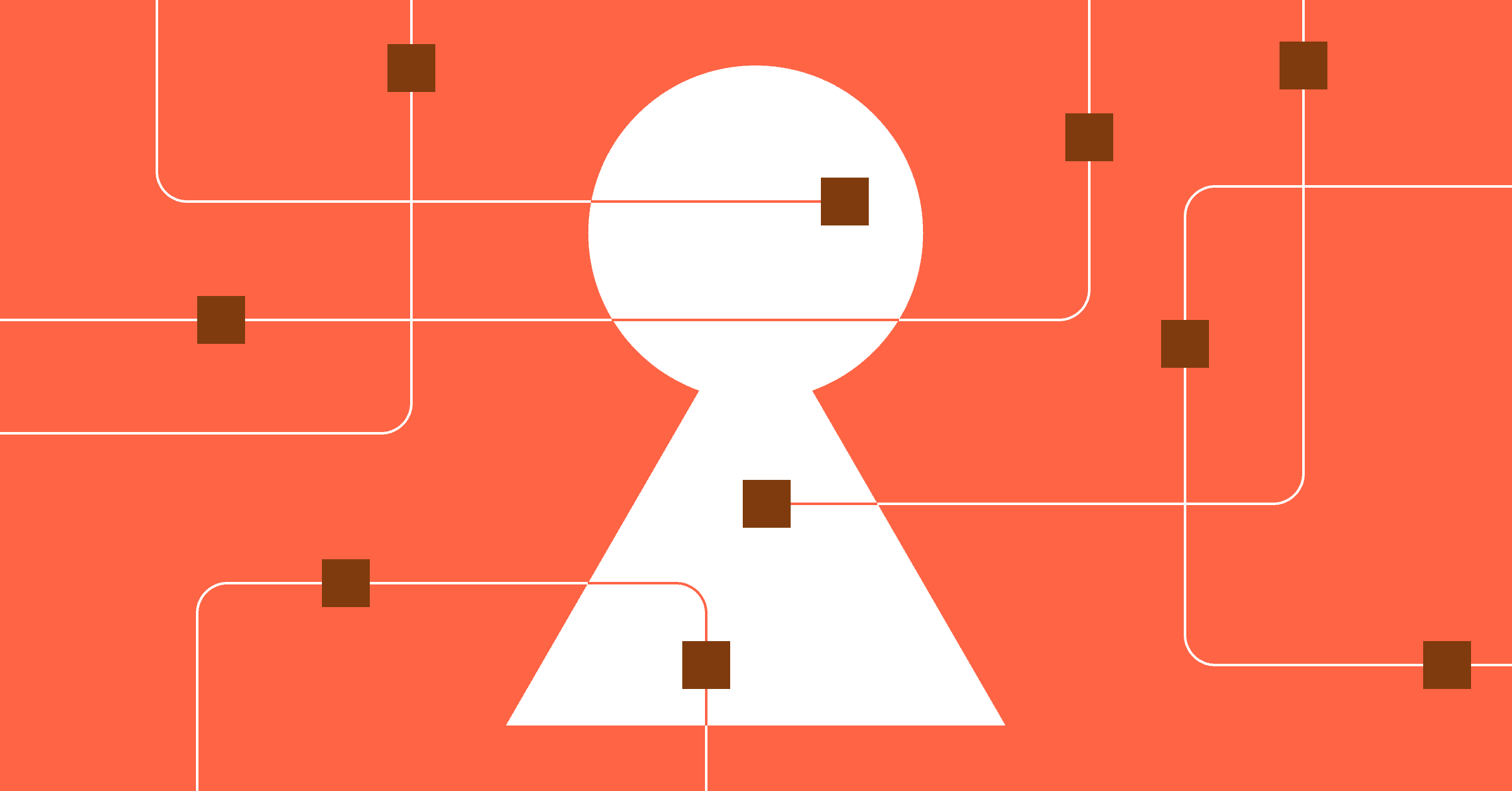AI is changing software engineering tools and fundamentally transforming the culture, structure, and skills needed to succeed. Philipp Schmid, Senior AI Developer Relations Engineer at Google DeepMind, recently shared his perspective on how AI reshapes engineering teams and enables a new breed of versatile developers who can work across traditionally siloed domains.
Generative AI is breaking down role barriers
The traditional specialized roles in software development are increasingly blending into more generalist positions. As Schmid explains, "Five years ago, when you looked into an enterprise company, you had very clear roles in software development. You had backend engineers, frontend engineers, architects, designers, quality engineers, many different roles."
This siloed approach is evolving thanks to AI-assisted development. Today's tools enable engineers to operate across domains that previously required specialized expertise. With Google's Gemini and Gemma models, Schmid describes how developers can leverage hosted APIs and local models to enhance their productivity across various tasks.
"There's a lot more tooling for developers, which wasn't there a few years ago. So they need to adjust how you develop software and how fast you can ship," Schmid notes. These changes are significant; teams are becoming smaller while producing more output, and role specialization is decreasing as AI supports developers in areas where they may have limited experience.
AI editors redefine developer thinking
Modern AI-enhanced code editors like Cursor and Windsurf are transforming how engineers approach their work. These tools provide intelligent assistance that enables developers to accomplish tasks in domains where they previously had limited expertise.
The ability to run AI models locally is particularly significant. As Schmid explains, Google's Gemma model can run directly on local devices without internet connectivity. This accessibility opens up new possibilities for where and how development can occur while maintaining data privacy.
This shift has profound implications for how engineers approach problems. Developers can concentrate on solutions and outcomes rather than focusing on technical implementation details like which framework to use. As Schmid puts it, "Really thinking about, okay, what am I trying to solve here? What am I trying to build?” He describes how this is better than focusing on technical details like using React or Vue for implementation.
Accelerate developer learning with AI tutors
One of the most transformative aspects of AI in development is how it's changing how engineers learn. Large language models now provide contextual access to up-to-date information through integrations like URL context and search capabilities.
Schmid describes how extending LLMs' access to real-time data addresses a standard limitation: LLMs cannot learn new information beyond their training cut-off. By integrating tools like URL context and native search capabilities, platforms such as Gemini can retrieve information from across the internet and an organization’s internal knowledge sources, enabling more dynamic and current responses.
This capability creates a faster feedback cycle between writing code and learning. Engineers can stay current with new libraries, versions, and techniques without manual research, and LLMs serve as personalized tutors that explain complex concepts in customized ways.
Interestingly, LLMs also create a safe space for learning. Schmid points out that developers, especially junior engineers or those new to a job, often feel more comfortable asking an LLM questions than a real person. The fear of appearing inexperienced or insecure in front of colleagues can discourage people from seeking help, whereas interacting with an AI removes that social pressure.
The result is that developers can learn at their own pace without feeling judged when asking "basic" questions. This personalized learning experience can be tailored to individual preferences through practical examples, visual explanations, or other formats.
Transforming engineering culture for the AI-driven era
Successfully adapting to this AI-driven transformation requires openness to change and a willingness to incorporate modern technologies. Schmid emphasizes that the individuals who thrive in this shift actively embrace change and are eager to adjust their work to take advantage of new tools. He likens the rise of AI to the advent of the internet, an irreversible shift, stressing that, like the internet, AI is here to stay.
Engineering teams are becoming more asynchronous and globally distributed, with AI bridging communication gaps. At Google DeepMind, teams are spread across time zones from Australia to the United States, making asynchronous communication essential. AI tools facilitate this distributed work environment by enabling more effective knowledge sharing and collaboration.
The decision-making process is also evolving. Rather than selecting specific technologies or frameworks, teams concentrate on business problems and solutions. Engineers are increasingly valued for their problem-solving abilities rather than specialized technical knowledge.
When considering AI adoption, Schmid recommends a pragmatic approach: start with hosted models to validate use cases, then consider scaling or hosting options based on specific requirements like data privacy, availability needs, or cost at scale.
As we navigate this transformative period in software development, one thing is clear: AI is not replacing engineers but enabling them to work more effectively across domains, learn continuously, and focus on solving meaningful problems rather than implementation details. This shift represents a fundamental evolution in engineering culture that will continue to reshape how we build software in the future.
Listen to Philipp’s full Dev Interrupted episode here:




